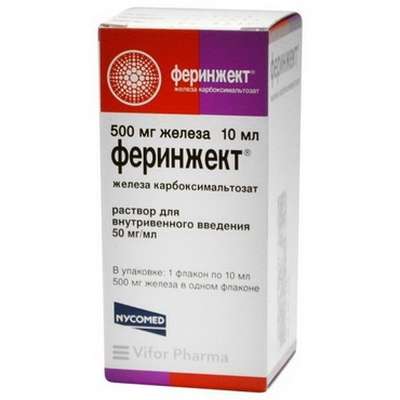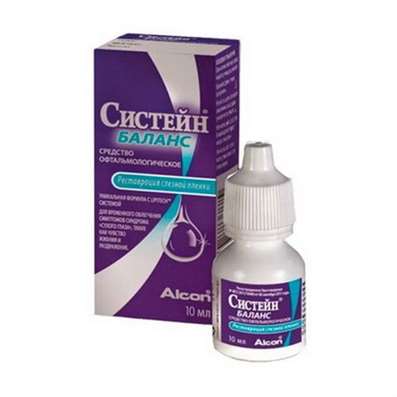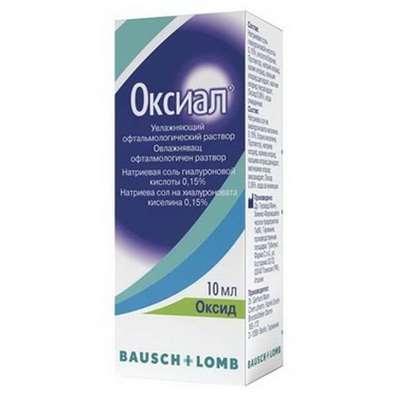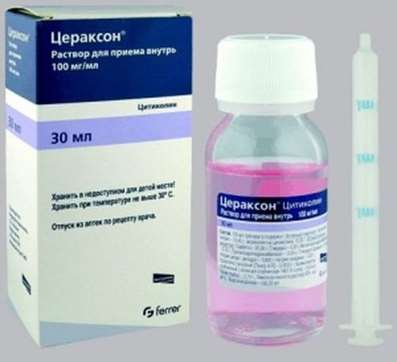Instruction for use: Adrenaline injection
I want this, give me price
Trade name: Adrenaline Hydrochloride 0.1% solution;
Adrenaline hydro-tartrate injection of 0.18%;
Trade name of the drug – Adrenaline
International nonproprietary name: Epinephrine hydrochloride 0.1% solution;
The name of the active substance in Latin: ADRENALINUM HYDROCHLORIDUM 0,1%
Dosage Form: injection
International nonproprietary name:
Epinephrine
Rational chemical name: - (R) -1- (3,4-dihydroxy-2-methylaminoethanol) hydrochloride, tartrate.
Formulations: 0.1% adrenaline hydrochloride injection in 1 ml ampoules and in bottles of 30 ml; adrenaline tartrate injection of 0.18% to 1 ml ampoules.
Pharmacological group: means acting primarily on peripheral adrenergic processes.
pharmacological properties
Adrenaline action due to the influence on the a and b - adrenoceptors and largely coincides with the excitation of sympathetic nerves effects: it narrows the blood vessels of the abdominal cavity, skin, mucous membranes, and to a lesser extent skeletal muscle vessels; adrenaline raises blood pressure, strengthens and increases the rate of heart beat; due to the increase of pressure occurs reflex excitation of the vagus nerve center, providing an inhibitory effect on the heart, resulting in heart rate may slow down. Adrenaline can cause abnormal heart rhythm (tachycardia, arrythmia), especially in patients with coronary heart disease, as well as anesthesia during surgery.
Epinephrine relaxes the muscles of the bronchi and the intestine, enhances pupils, improves functional activity of skeletal muscles, increases blood sugar, increases tissue metabolism, increases myocardial oxygen demand.
By action of adrenaline tartrate different from epinephrine hydrochloride, but due to the difference in relative molecular weight to obtain the same effect tartrate is used in higher concentration.
INDICATIONS
Epinephrine hydrochloride and adrenaline tartrate used in anaphylactic shock, allergic laryngeal edema, for the relief of acute asthma attacks; allergic reactions developing in the application of drugs or other allergens in patients with acute myocardial infarction, ventricular fibrillation refractory to electrical defibrillation, and sudden cardiac arrest (asystole); in acute left ventricular failure; as a local vasoconstrictor.
CONTRAINDICATIONS
Epinephrine is contraindicated in hypertension, aneurysms, atherosclerosis, bleeding, pregnancy. Epinephrine should not be used in anesthesia halothane, cyclopropane, chloroform (risk of arrhythmia).
SPECIAL INSTRUCTIONS
Be wary of diabetes, hyperthyroidism.
DOSAGE AND ADMINISTRATION
Epinephrine is administered subcutaneously, intramuscularly, intravenously (drip slowly) 0.2 - 0.3 - 0.5 - 0.1 mL of 1% solution of the hydrochloride or tartrate 0.18% solution intracardiac in acute heart failure - 1 ml and ventricular fibrillation - 0.5 - 1 ml and applied to the mucous membranes as a local vasoconstrictive agent.
During asthma attack adrenaline solutions are administered at 0.3 - 0.5 - 0.7 ml subcutaneously.
Therapeutic doses of epinephrine hydrochloride solution 0.1% and 0.18% hydrogen tartrate for parenteral administration are typically Adult 0.3 - 0.5 - 0.75 ml; 0.1 children administered depends on the age - 0.5 ml. Higher doses for adults under the skin: single - 1 ml daily - 5 ml.
SIDE EFFECT
Introduction of epinephrine hydrochloride and tartrate can cause increased blood pressure, tachycardia, arrhythmia, pain in the heart. When rhythm disturbances caused by adrenaline, prescribe beta-blockers (propranolol, obzidan et al.).
PACKAGING
Epinephrine hydrochloride released as a 0.1% solution, epinephrine tartrate - 0.18% in the form of a solution in vials of neutral glass of the 1 ml and sealed in amber glass vials (topical) in 30 ml.
STORAGE CONDITIONS
List B. In a cool (12-15 ° C), protected from light. Keep out of the reach of children.
SHELF LIFE
3 years. Do not use after the expiration date printed on the package. Or brownish precipitate containing solutions are not suitable for use.
Conditions of supply of pharmacies
The drug is used in the hospital.

 Cart
Cart





